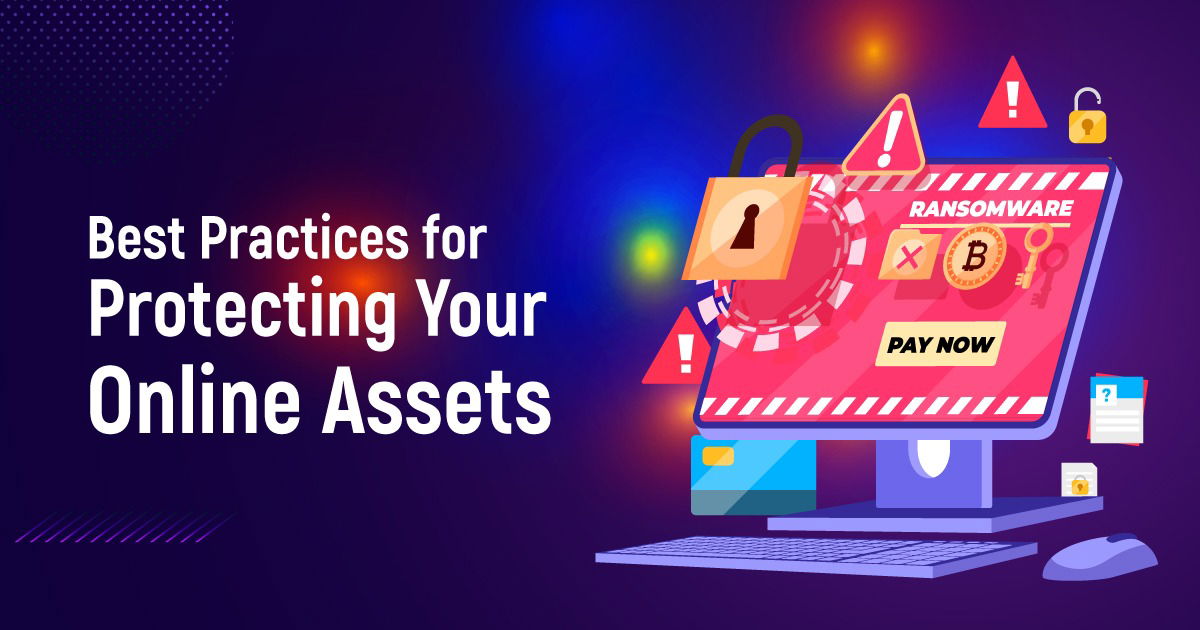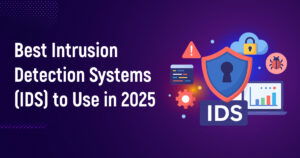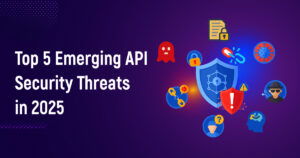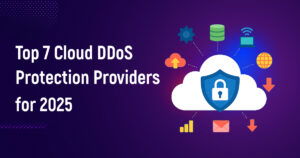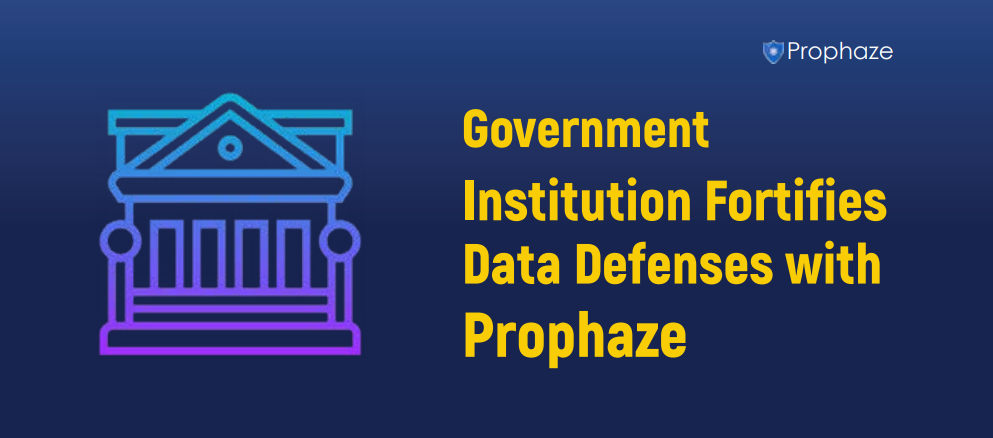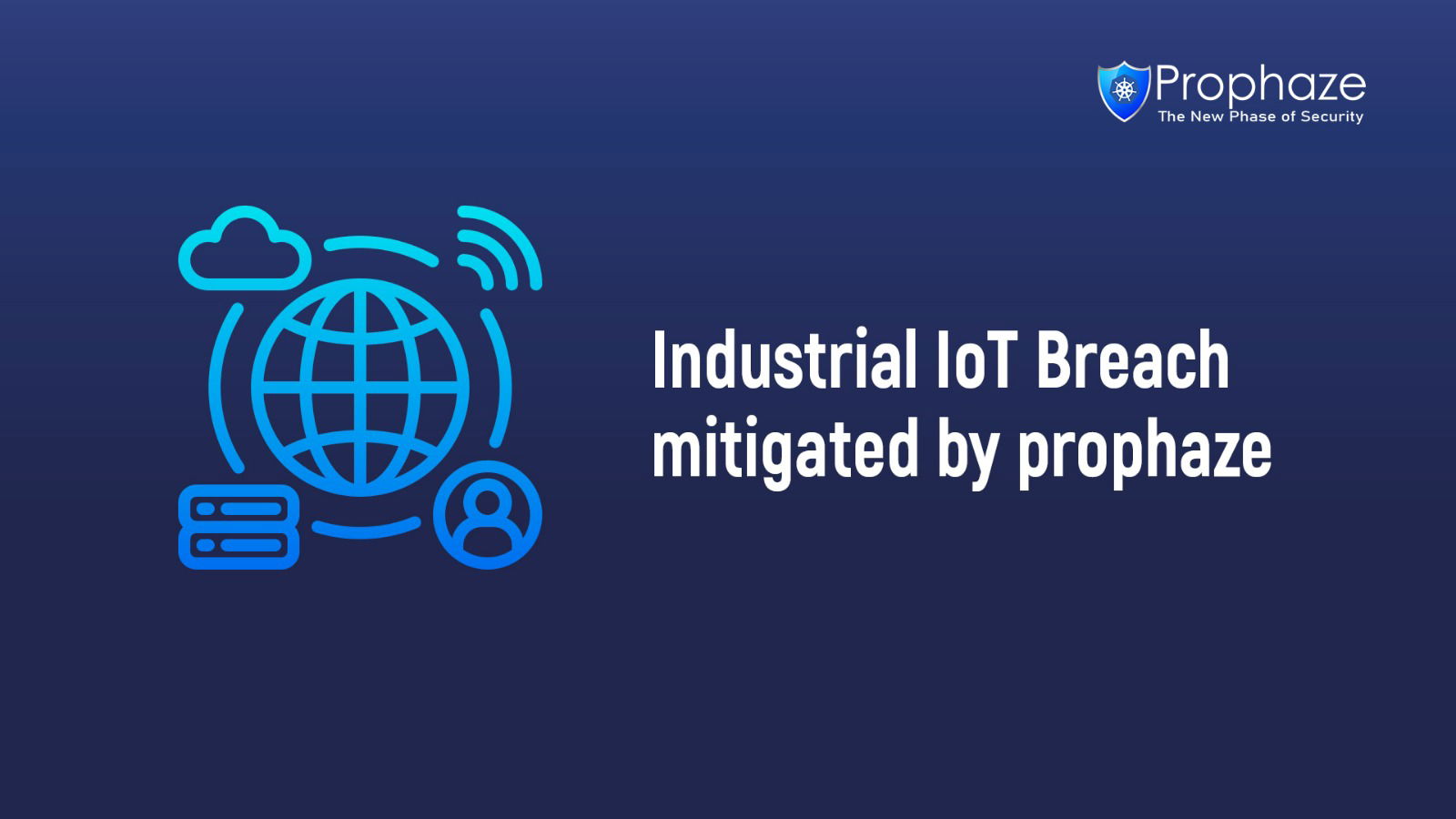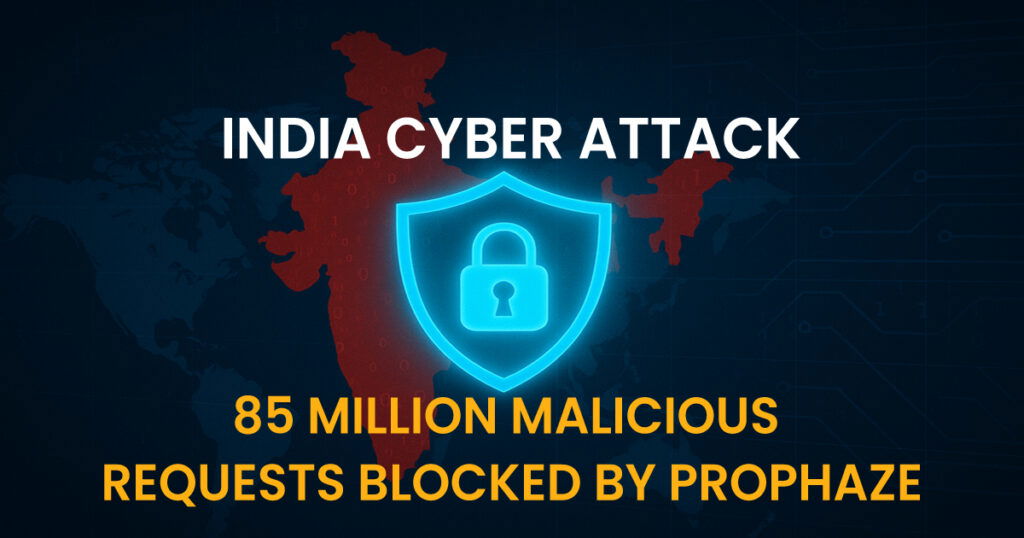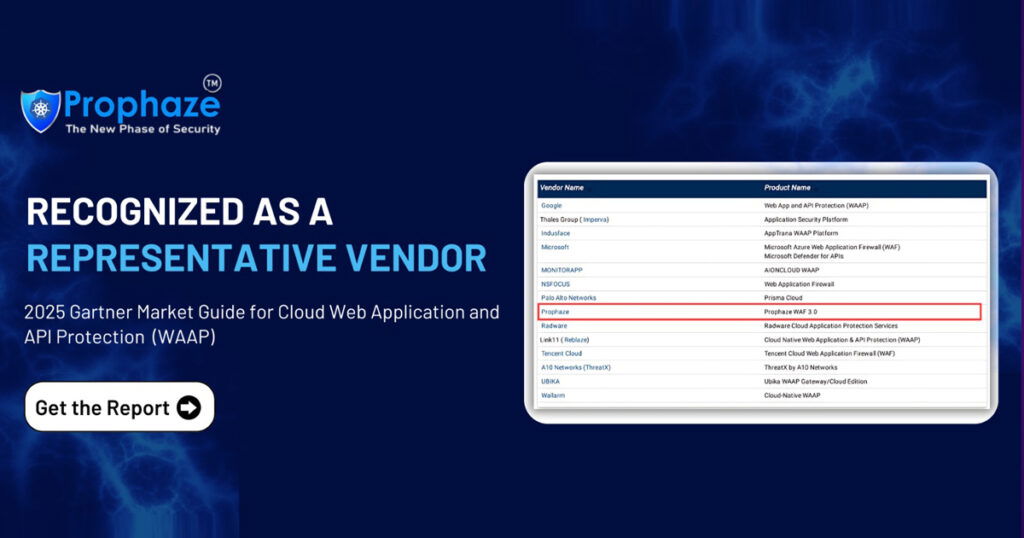In today’s digital age, our online presence and assets hold immense value. From personal information to sensitive financial data, it’s crucial to adopt best practices for safeguarding these assets from various online threats. In this article, we delve into some of the emerging cybersecurity attacks that are causing concern and explore strategies to defend against them.
The Top Security Risks to be Aware of When Managing Your Digital Assets
Here are some of the most common threats that digital assets may face:
Phishing Attacks:
-
Phishing attacks remain one of the most common forms of cyberattacks.
-
In 2020, Google reported that they were blocking over 100 million phishing emails every day.
-
According to the Anti-Phishing Working Group (APWG), there were over 220,000 unique phishing websites detected in the first quarter of 2021.
Ransomware Attacks:
-
Ransomware attacks have been on the rise, targeting both individuals and organizations.
-
In 2020, the average ransom payment increased by 171% to $312,493, according to Coveware.
-
Ransomware attacks have also started to involve double extortion tactics, where attackers not only encrypt data but also steal sensitive information to threaten its release.
Data Breaches:
-
Data breaches continue to expose sensitive information at an alarming rate.
-
According to the Identity Theft Resource Center, there were 1,108 reported data breaches in the U.S. in 2020, exposing over 300 million records.
-
Healthcare, financial services, and technology sectors are frequently targeted for data breaches.
Account Takeovers:
-
Account takeover attacks involve unauthorized access to user accounts, often through stolen credentials.
-
In 2020, a study found that the average cost of an account takeover attack for businesses was $518,000.
-
The gaming industry has seen a significant increase in account takeover attacks due to the value of in-game items and virtual currency.
Business Email Compromise (BEC):
-
BEC attacks involve cybercriminals impersonating company executives or vendors to manipulate employees into transferring funds or sensitive data.
-
The FBI's Internet Crime Complaint Center (IC3) received over 19,000 BEC complaints in 2020, with reported losses exceeding $1.8 billion.
Mobile Malware:
-
As more people use mobile devices, mobile malware attacks have become more prevalent.
-
In 2020, Kaspersky reported detecting 156,710 new mobile malware installation packages, which was a 40% increase compared to 2019.
Social Engineering Attacks:
-
Social engineering attacks exploit human psychology to trick individuals into divulging confidential information or performing actions that compromise security.
-
These attacks often involve pretexting, baiting, or quid pro quo tactics to manipulate victims.
-
Verizon's 2020 Data Breach Investigations Report found that social engineering attacks were involved in 22% of breaches.
IoT Vulnerabilities:
-
The increasing adoption of Internet of Things (IoT) devices has introduced new attack vectors.
-
A study by F-Secure in 2020 found that IoT devices were attacked, on average, every two minutes.
Security Guidelines to improve safety posture of business

Following these rules, whether you are an individual, a small business, or a major corporation, can greatly improve your online security posture.
Use difficult Passwords:
Use difficult passwords that combine uppercase and lowercase letters, digits, and special characters. Avoid using easily guessed information such as birthdays or common terms. Create a separate password for each online account to avoid a single hack from compromising several accounts.
Two-Factor Authentication (2FA):
Enable 2FA wherever possible. This adds an extra degree of protection by requiring a second form of verification, such as a temporary code delivered to your phone, in addition to your password.
Update Software on a Regular Basis:
Keep your operating system, web browsers, and programmes up to date. Security patches that repair vulnerabilities are frequently included in software updates.
Secure Your Network:
For your Wi-Fi network, use a strong, unique password and consider using the WPA3 encryption protocol. Update the firmware on your router on a regular basis to resolve potential security problems.
Be Wary of Links and files:
Avoid clicking on links or downloading files from unfamiliar sources, particularly those seen in emails. Phishing techniques are frequently used by cybercriminals to deceive consumers into disclosing sensitive information.
Install Antivirus and Anti-Malware Software:
To protect your devices from viruses, malware, and other dangerous software, install trusted security software. To provide best protection, keep the software up to date.
Secure Cloud Storage:
If you store sensitive data in the cloud, utilize strong encryption and activate multi-factor authentication when logging in.
Regular Data Backups:
Back up your data on a regular basis to an external hard drive or a secure cloud storage provider. You can recover your crucial data in the event of a ransomware attack or device breakdown.
Keep an eye on your financial statements:
Review your financial statements on a regular basis for any unexpected or unauthorized transactions. This can help to discover potential breaches earlier.
Privacy Settings:
Review and modify your privacy settings on social media and other online platforms. Limit the quantity of personal information you publicly disclose.
Secure Payment Methods:
Use secure payment methods such as credit cards or trustworthy online payment platforms when doing online transactions. Email should not be used to send critical financial information.
Security Audits on a frequent Basis:
Conduct frequent security audits on your online assets and systems. This might assist you in identifying vulnerabilities and weaknesses before attackers exploit them.
Incident Response Plan:
Create an incident response plan that outlines what to do in the event of a security breach. This can help to reduce potential damage and downtime.
Be Informed:
Keep up to current on the newest cybersecurity dangers and trends. Subscribe to credible cybersecurity news sources to stay ahead of emerging threats.
Protecting your online assets requires a proactive and vigilant approach. By implementing these best practices, you can significantly reduce the risk of falling victim to cyber threats and ensure the safety of your digital presence.
How Prophaze plays a role in protecting your online assets?
As the digital landscape continues to expand, so does the importance of securing your online assets. Implementing these practices creates a robust defense against cyber threats. Prophaze Technologies is actively striving to prioritize your company’s data security against high-profile data breaches. Prophaze WAF, through an in-depth assessment, helps to identify new gaps and validate your security posture. Remember that cybersecurity is an ongoing commitment, requiring vigilance and a proactive approach. Prophaze levels the playing field for security teams with an AI-powered autonomous firewall. Prophaze firewall enables proactive defense, not just detection. It stops attacks in real-time before reaching any of your web-facing applications, APIs, and Kubernetes containers.

